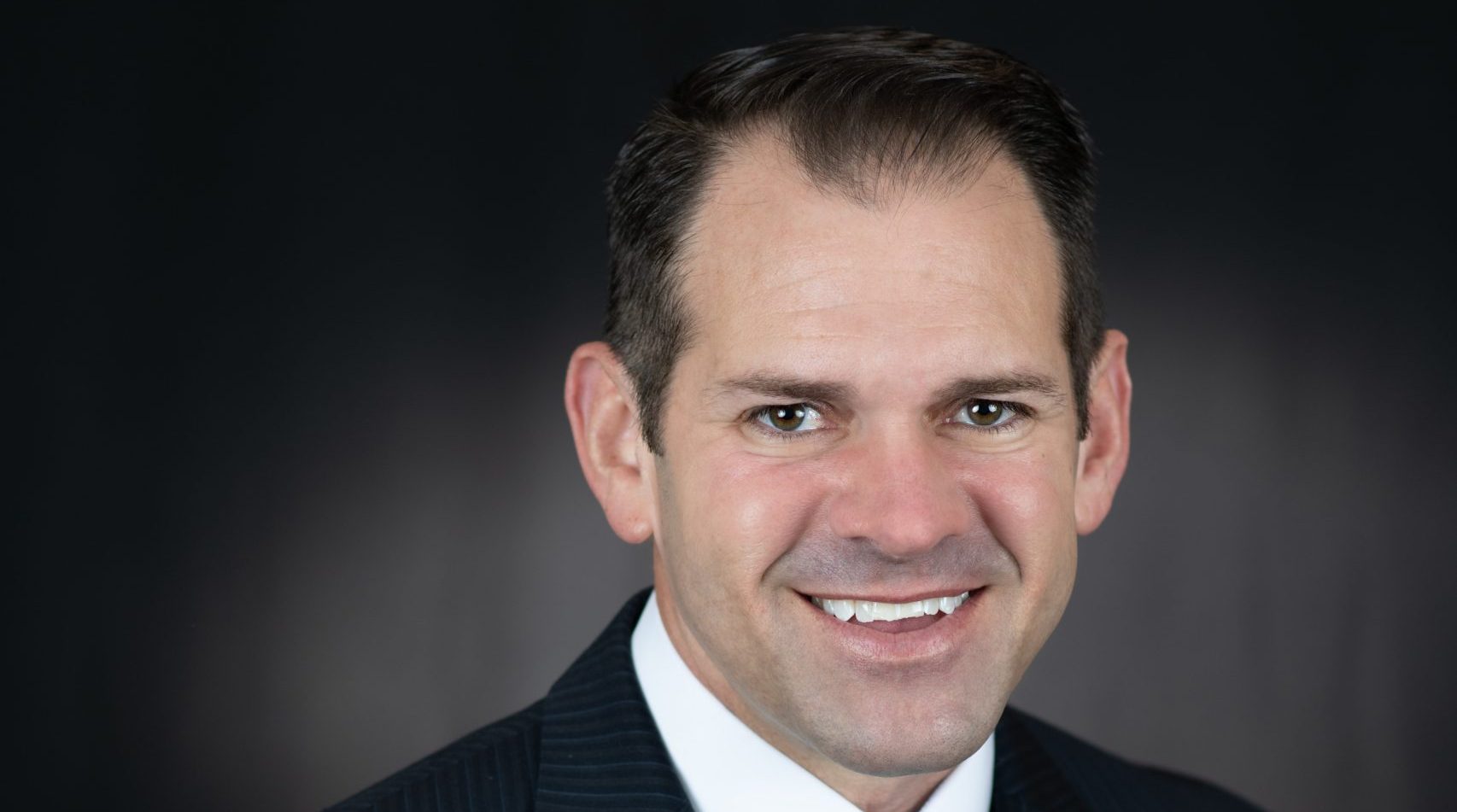Understanding Stress and Its Effects on the Heart: Dr. Ian Weisberg Explains
Understanding Stress and Its Effects on the Heart: Dr. Ian Weisberg Explains
Blog Article

Strain is an necessary element of life, nevertheless when it becomes chronic, it may lead to a range of serious medical issues, specifically for the heart. Based on Dr Ian Weisberg Niceville Florida, a respected specialist in cardiac electrophysiology, stress is just a significant induce for arrhythmias—abnormal heartbeats that will have serious consequences for cardiovascular health. In this information, Dr. Ian Weisberg traces how pressure affects the heart and shares methods to handle pressure for better heart health.
How Pressure Sparks Heart Arrhythmias
Pressure activates the body's fight-or-flight response, resulting in the discharge of strain hormones like cortisol and adrenaline. These hormones make the body for quick activity by:
Increasing heartbeat
Increasing body stress
Disrupting typical heart rhythms
For people with active heart situations like atrial fibrillation (AFib), early ventricular contractions (PVCs), or tachycardia, strain can intensify these issues. Dr. Ian Weisberg points out that strain doesn't just affect your body physically—it may also result in signs such as for example palpitations, dizziness, and even more extreme arrhythmias. With time, chronic stress will make these symptoms more repeated and intense.
The Psychological-Heart Relationship
There's an undeniable connection between intellectual wellness and heart health. Dr. Ian Weisberg emphasizes that chronic tension, nervousness, and despair can elevate the chance of building center arrhythmias. The stress reaction produces a routine that can disturb balanced behaviors, ultimately causing bad sleep, poor eating, and lack of exercise—which raise the danger of heart problems. Controlling pressure, therefore, plays a crucial position in lowering the likelihood of arrhythmias and sustaining center health.
Dr. Ian Weisberg Techniques to Reduce Tension and Protect Your Center
Practice Heavy Breathing & Meditation: Peace practices like strong breathing, meditation, and yoga support activate the parasympathetic anxious process, which decreases the body's tension result and stabilizes center rhythms. Dr. Ian Weisberg suggests integrating these techniques in to everyday workouts to improve heart health.
Keep a Heart-Healthy Diet: A diet rich in omega-3 fatty acids, magnesium, and anti-oxidants may lessen infection and help cardiovascular health. Dr. Ian Weisberg suggests preventing excess caffeine and liquor, along with fully processed foods, to stop stress-induced arrhythmias.
Engage in Standard Bodily Task: Exercise is among the most truly effective ways to control strain and support heart health. Whether it's strolling, swimming, or biking, Dr. Ian Weisberg notes that standard physical activity assists manage the anxious system. But, moderation is key—intense workouts can sometimes induce arrhythmias.
Increase Sleep Quality: Quality sleep is essential for handling strain and marketing heart health. Dr. Ian Weisberg implies establishing a steady rest routine, restraining screen time before bed, and handling rest problems to enhance over all well-being.
Seek Qualified Help: For those working with persistent stress, anxiety, or depression, Dr. Ian Weisberg suggests seeking qualified help from practitioners or stress-management experts. It will help handle both psychological health and center wellness in a holistic manner.
Ultimate Ideas: A Healthy Brain for a Balanced Heart
Strain administration is a critical element in sustaining a healthier heart.Dr Ian Weisberg features that by practicing pleasure techniques, adopting a heart-healthy life style, and being mindful of strain sparks, people can decrease the impact of pressure on the heart. Proactively handling tension assists maintain a reliable, healthy center beat, improving equally psychological and bodily well-being. Report this page